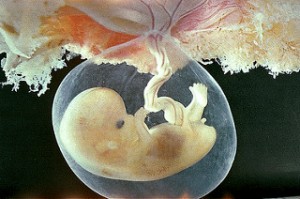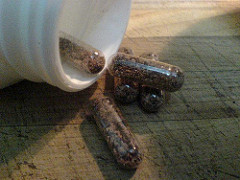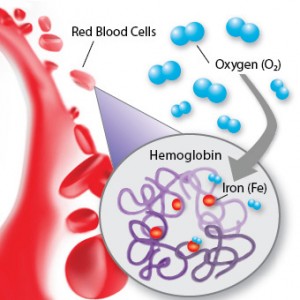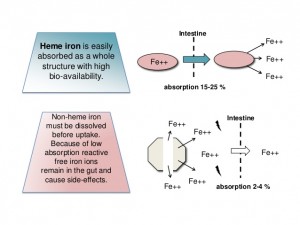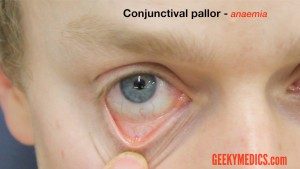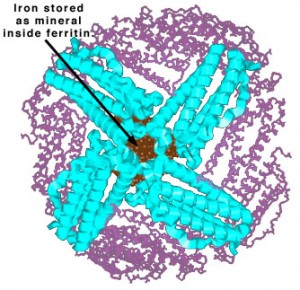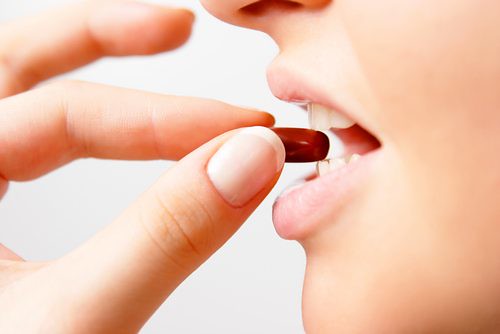One of the newest trends making the rounds on the Internet is eating one’s placenta after birth, also known as placentophagy. The placenta is an organ that forms during pregnancy in the uterus and it provides the growing baby with oxygen, nutrients and protection against toxins and bacteria. Furthermore, the placenta also produces hormones that help the baby grow.
The practise of ingesting placentas has been recently gaining popularity in North America. There has been a growing interest in the benefits associated with this practise. Some of the benefits often cited include helping to restore depleted iron levels, giving new moms more energy, increasing milk production, helping the uterus return to its original shape, and decreasing the likelihood of postpartum depression.
In a recent review which looked at 10 research papers, no data, human or animal, was found to support the claims about the benefits of eating placenta. One of the most alarming findings of the review was that none of the studies looked into potential risks associated with eating one’s placenta. Remember, the placenta acts as a filter by preventing toxins and bacteria from reaching the baby. Thus meaning the placenta may still contain those harmful toxins. Keep in mind that many women who do partake in eating the placenta are new moms currently breastfeeding, so the risks are unknown not only for mom but also for baby. Additionally, most of the studies that were looked at were not well structured – some were missing control groups or the results were self-reported by the participants.
Another argument often listed by proponents of placentophagy is that almost all non-human mammals consume their own placentas. However, many mammals consume their own placenta for a variety of reasons that are not applicable to humans, such as to protect their babies from predators as the smell of the placenta can attract predators. Additionally, one aspect often overlooked is that animals consume the placenta raw and immediately after birth. Whereas, humans consume the placenta by blending it up into a smoothie, cooking it or by making it into pills.
The trend of eating placentas is growing among new moms, but there is a lack of scientific evidence backing the benefits. The reality is that the associated risks and benefits are unknown. Before I researched this topic, I was under the impression that it was beneficial because so many people are doing it and doctors aren’t opposing the practise either. As a woman, I personally feel that there is a need to educate the public because of the unknown health risks associated with this practise. Just because something is natural, does not mean that it is good for you. In the end, it is a personal choice but this choice should be an informed one based on current scientific evidence.

Courtesy of: SciShow (watch video till 2:20 minutes)
Harnoor Shoker

